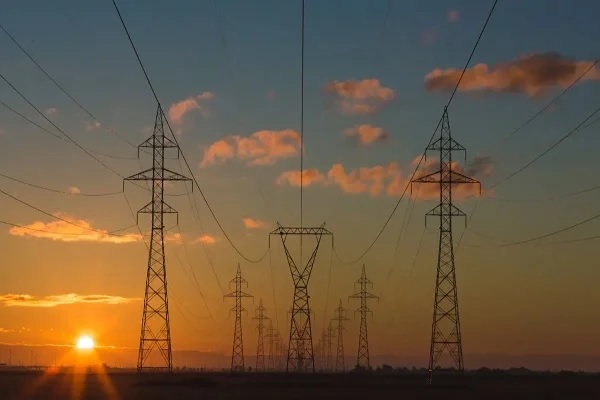President Bola Tinubu has signed the much-touted electricity bill into law, opening the opportunity for states to legally generate, distribute and regulate power supply. The Electricity Act 2023 was initially passed by lawmakers in July 2022.
The Electricity Act will replace the Electricity and Power Sector Reform Act of 2005. It provides a framework to guide the post-privatization phase of the Nigerian Electricity Supply Industry (NESI) as well as promote private sector investments in the sector.
The Electricity Act seeks to de-monopolize Nigeria’s electricity generation, transmission, and distribution of electricity at the National level by empowering states, companies, and individuals to generate, transmit and distribute electricity.
Under the Act, states may grant licences to private investors so they can run power plants and mini-grids within their borders. However, the Act forbids the distribution of power over state and international borders.
According to the Electricity Act of 2023, the Nigerian Electricity Regulatory Commission (NERC) will have the authority to oversee the nation’s electricity market without interfering with the states’ authority to enact legislation, establish electricity markets therein, and regulate those markets.
Lagos, Edo, and Kaduna states currently have power market laws in place and are able to begin regulating their markets. However, NERC will govern in states where there are no such legislation. NERC will continue to enforce cross-state regulations, including those governing generation and transmission.


